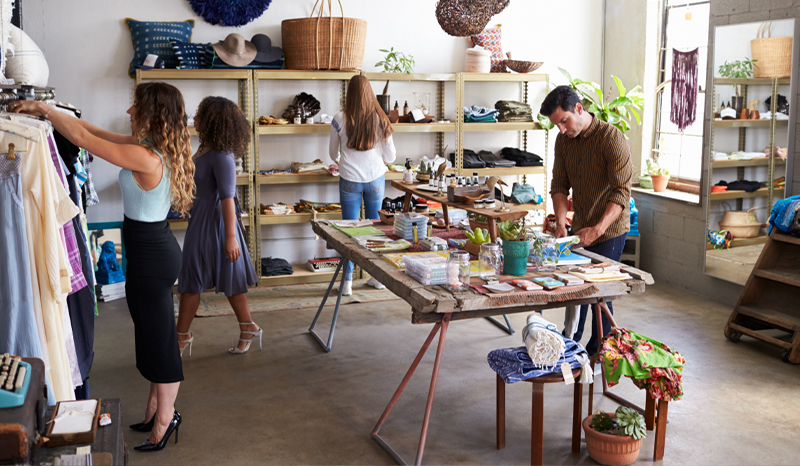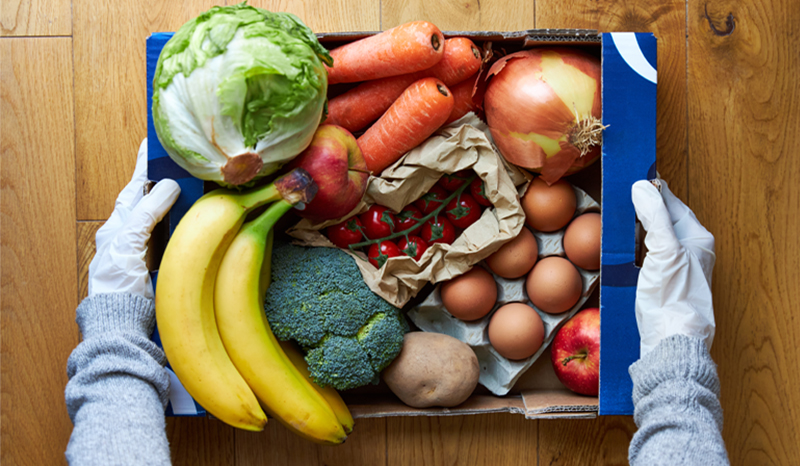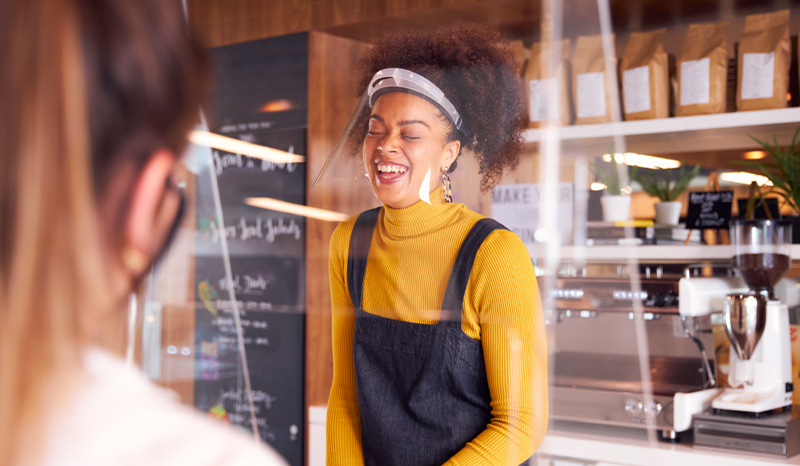The COVID-19 pandemic has impacted just about every aspect of life as we once knew it, and local retailers were no exception. In fact, small businesses were especially vulnerable to the adverse effects of the pandemic. Many were forced into sheer survival mode as stay-at-home orders, unemployment and uncertainty of the future prevented people from leaving their homes or spending money on any non-essential items. Shopping habits and supply chain disruptions have shifted dollars from local stores struggling to stay afloat.
COVID-19 has compelled consumers to shop local, not only to show their support for local businesses in their communities but also to maintain more sustainable habits. A YouGov survey found that, as a result of coronavirus, 64 percent of people want to support local businesses and buy local products. The shop local movement is being felt by the retail and dining industry alike.
Driving Forces of the Stop Local Movement
Community
When asked why supporting local businesses is so important in a ZypMedia survey, community was the leading answer (84 percent) from respondents. By shopping local, customers have the opportunity to impact their community directly and foster growth. The shop small movement brings the community together and gives people a sense of belonging in a time where many are facing financial, mental and emotional challenges.

Economy
Customers see value in supporting their local economy by shopping locally. Dollars spent at a local business, rather than a national chain, have more of an impact on the local economy, supplying funds and jobs in your own community. Shopping local also ensures that your tax money goes back into your regional tax base to go towards community improvements.

Sustainability
Local shopping benefits the environment, a philosophy that many are getting behind! By shopping locally, you’re purchasing goods produced right in your community, reducing waste and product miles! The shop local movement also protects local land and wildlife by supporting local farmers and producers.

Personal Experience
Many local businesses are capitalizing on the shop small movement by meeting customers where they’re at with a personable experience. Small businesses have adapted their business models to accommodate their customers, offering curbside pickup or virtual services. Others are partnering with other local businesses that offer a product or service that pairs well with their business to give customers a more customized, local experience.


